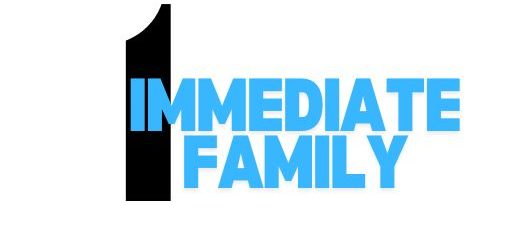Understanding Tax Deductions
When it comes to tax deductions, you have two primary options: standard deductions and itemized deductions.
-
Standard Deductions: These are fixed amounts that you can deduct from your taxable income without needing to itemize. The standard deduction amount varies based on your filing status (single, married filing jointly, head of household, etc.).
-
Itemized Deductions: These involve listing specific expenses that qualify for deduction. You should choose itemized deductions if the total of these expenses exceeds the standard deduction amount.
To decide whether to itemize or take the standard deduction, calculate both options and choose the one that results in a lower taxable income. For example, if your total itemized deductions exceed the standard deduction amount, it’s beneficial to itemize.
Categories of Itemized Deductions
Itemized deductions fall into several key categories:
Medical and Dental Expenses
You can deduct medical and dental expenses that exceed 7.5% of your adjusted gross income (AGI). This includes costs such as doctor visits, hospital stays, prescriptions, and even some home improvements made for medical reasons.
Deductible Taxes
You can deduct state and local taxes (SALT), property taxes, and other certain taxes. However, there is a cap on SALT deductions of $10,000 per year.
Home Mortgage Points and Interest
Interest on your primary residence or second home is deductible. Additionally, points paid on a mortgage can be deducted in the year they are paid or spread out over the life of the loan.
Charitable Contributions
Donations to qualified charitable organizations are deductible. Make sure to keep receipts and records of your donations.
Casualty, Disaster, and Theft Losses
Losses due to casualties like natural disasters or thefts may be deductible if they exceed a certain threshold.
Strategies to Maximize Itemized Deductions
To get the most out of your itemized deductions:
-
Bunching Expenses: Grouping expenses into one tax year can help you meet minimum thresholds for certain deductions. For example, if you have medical expenses that are close to the 7.5% AGI threshold, consider bunching them into one year.
-
Making Deductible Purchases: Plan your deductible purchases during years when itemizing will benefit you more.
-
Keeping Thorough Records: Maintain detailed records of all your expenses throughout the year to support your deductions during tax season.
Leveraging Tax-Advantaged Accounts
Contributing to tax-advantaged accounts can significantly reduce your taxable income:
-
401(k)s and IRAs: Contributions to these retirement accounts are made pre-tax, reducing your taxable income.
-
Health Savings Accounts (HSAs): Contributions are tax-deductible, and withdrawals for qualified medical expenses are tax-free.
These accounts offer benefits like tax-free growth and withdrawals for qualified expenses, making them valuable tools in your financial strategy.
Claiming Tax Credits
Tax credits differ from deductions because they directly reduce your tax liability dollar-for-dollar rather than just reducing your taxable income.
Some key tax credits include:
-
Earned Income Tax Credit (EITC): Designed for low-to-moderate-income working individuals and families.
-
Child Tax Credit: Provides a credit for each qualifying child under age 17.
-
Child and Dependent Care Credit: Helps offset costs associated with childcare or adult care while you work or look for work.
-
American Opportunity Credit and Lifetime Learning Credit: These credits help with education expenses.
-
Homeowner Credits for Energy-Efficient Improvements: Credits available for making energy-efficient improvements to your home.
Additional Deductions and Credits
There are several other deductions and credits worth noting:
-
Above-Line Deductions: These do not require itemizing and include student loan interest, educator expenses, and HSA contributions.
-
Gambling Losses: You can deduct gambling losses up to the amount of gambling winnings reported on your return.
-
Self-Employment Expenses: Business expenses related to self-employment can be deducted against self-employment income.
-
Home Office Deduction: If you use a part of your home regularly and exclusively for business, you may be able to deduct a portion of your rent or mortgage interest as a business expense.
Consulting a Tax Professional
Tax laws are complex and frequently updated. Consulting a tax professional can provide personalized advice tailored to your specific financial situation. They can help identify additional deductions and credits you might miss on your own and ensure compliance with all tax rules.
A professional can also guide you through audits or any issues that may arise during the filing process.





